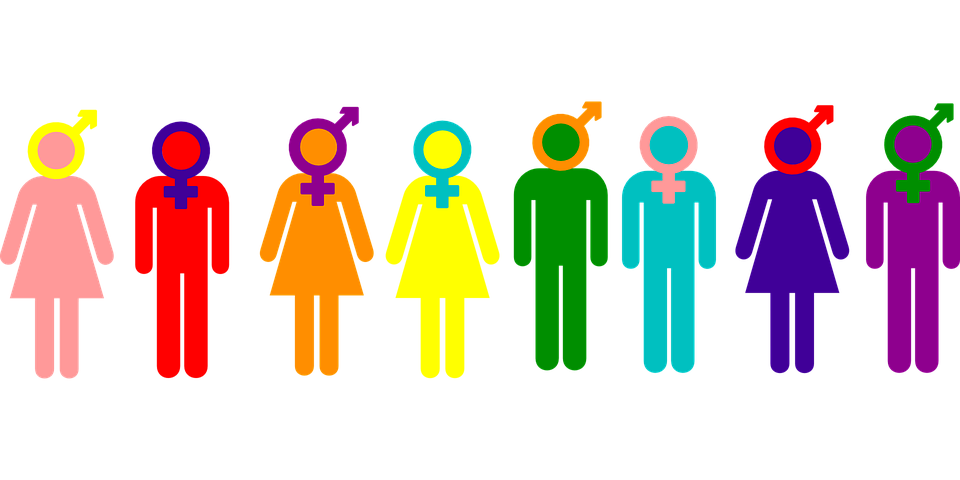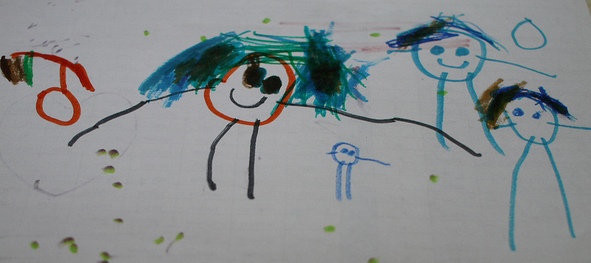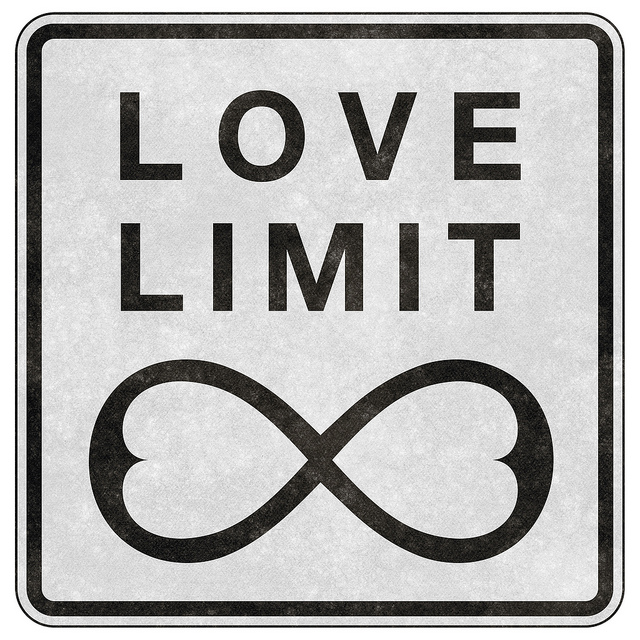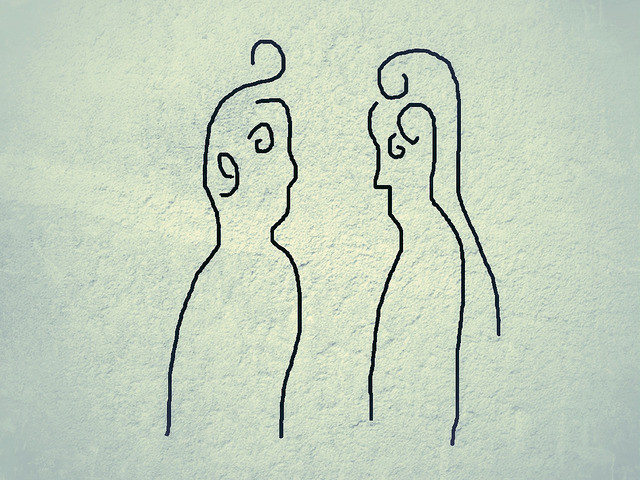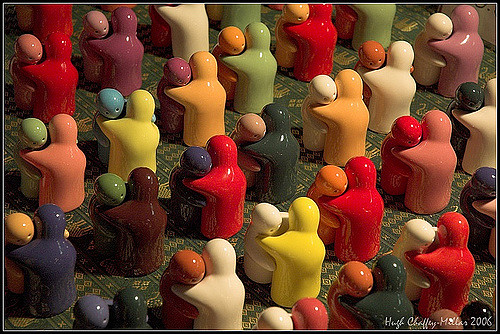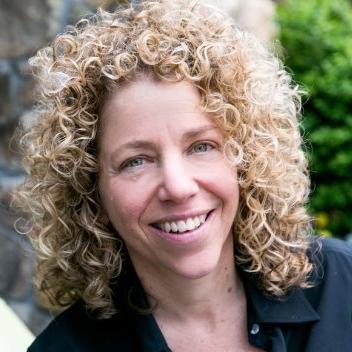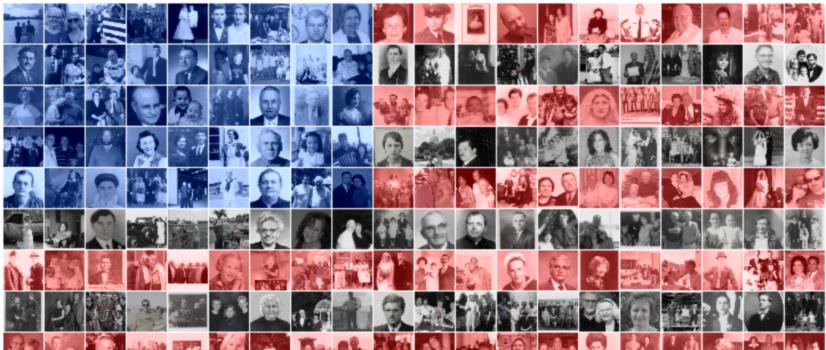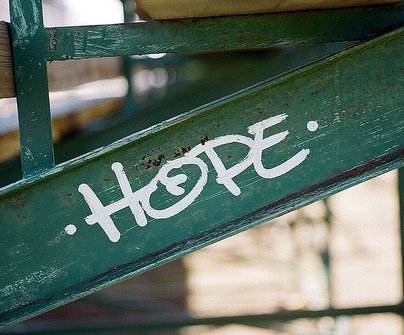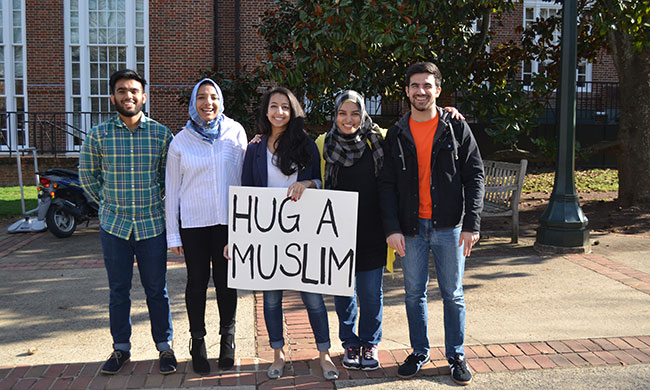by Elisabeth A. Sheff Ph.D., CASA, CSE Eli Sheff is considered a leading expert when it comes to polyamory and stigma. Eli is the CEO and Director of Legal Services at the Sheff Consulting Group, a think-tank of experts specializing in diverse subcultures and under-served populations. The following is an article she wrote for Psychology Today about polyamphobia […]
Tag: marginalization
Gender-Affirming Clinical Skills: Part 1
Posted onby Worner Leland, MS, BCBA, of Upswing Advocates Whether someone thinks a lot about their gender or has never given their gender identity much thought, everyone has a gender identity. Cisgender means: having a gender identity that matches the gender assigned to one at birth (from the Latin prefix “cis” meaning “on this side of”). […]
Children in Polyamorous Families Part 3
Posted onby Elisabeth A. Sheff Ph.D., CASA, CSE This is the third in a series of blogs on children in polyamorous families. The first looked at the age dependent experiences of children in polyamorous families and why they appear to be doing so well, and the second detailed the advantages and disadvantages these children identified in polyam family life. Third in […]
Marginalization and Disclosure: Social Challenges Facing Polyamorists
Posted onby Rami Henrich, LCSW and Cindy Trawinski, PsyD This is the third in a series of articles about the intersections of polyamorous identities and psychotherapy, adapted from Rami Henrich and Cindy Trawinski’s article in Sexual and Relationship Therapy, “Social and therapeutic challenges facing polyamorous clients,” as well as supplemental materials that didn’t make it into […]
How to React After Accidentally Misgendering Someone
Posted onby Nash Jones, Q Center This article was originally published in 2014 through the Q Center in Portland, OR. We are delighted to share it with you. Being misgendered can create an uncomfortable, embarrassing and even unsafe situation for many trans* individuals. There’s no doubt that when working toward creating or contributing to safer, more accessible […]
How Do Polyamorists Identify Themselves?
Posted onby Rami Henrich, LCSW & Cindy Trawinski, Psy.D. This is the second in a series of articles about the intersections of polyamorous identities and psychotherapy, adapted from our article in Sexual and Relationship Therapy, “Social and therapeutic challenges facing polyamorous clients” (Henrich & Trawinski 2016). In this installment, we provide an overview of Rami’s research findings, which uncover […]
Deep Democracy: Coming to Understand My Polyamory
Posted onby Rami Henrich, LCSW This is the first in a series of articles about the intersections of polyamorous identities and psychotherapy, adapted from my article in Sexual and Relationship Therapy, “Social and therapeutic challenges facing polyamorous clients” (Henrich & Trawinski 2016). In this installment, I explore the ways in Process Work influenced my understanding of polyamory […]
Connecting with Personal Power After Abuse, Trauma, or Marginalization (Video)
Posted onWhy do some people abuse power while others don’t? That question is at the core of POWER: A USER’S GUIDE, the latest book by coach, facilitator, educator, and author Julie Diamond, Ph.D. As its title suggests, Power: A User’s Guide is a how-to manual for anybody—parent, boss, teacher, politician, social activist—for whom wielding authority justly […]
YOUR First 100 Days
Posted onby Braden R. Berkey, Psy.D. The first 100 days of a first term presidency is viewed as the period when the new leader’s power and influence is at its greatest, and what the administration accomplishes during this time is seen as predictive of how much traction its agenda will have. Donald Trump has published his […]
Managing After the Inauguration
Posted onby Rami Henrich, LCSW The days following the 2016 US Presidential Election were difficult for many people. No matter which candidate you supported, you may have found yourself overwhelmed by distressing news reports, tense conversations with loved ones, and your own complicated feelings. Now with the inauguration over and the new administration taking shape, many […]
8 Ways to Take Action Against Islamophobia
Posted onby Cindy Trawinski, Psy.D. Prejudice, stereotyping, bias—however we understand these tendencies and attitudes, we can learn to identify, confront, wrestle with, accept, and change them within ourselves. Sometimes, however, doing so is possible only with great difficulty. Discrimination takes many forms, including harassment, bullying, hate speech, and scapegoating. Such behaviors put others at risk, cause […]
Why Do Sex Workers Need Your Support?
Posted onby Cindy Trawinski, Psy.D. and Cassandra Damm, MSW In a previous article, we introduced the topic of sex work, considered its history and politics, and explored some identifying attributes of the diverse population of individuals sometimes referred to as sex workers. In this article, we would like to offer a few guidelines about the many […]


